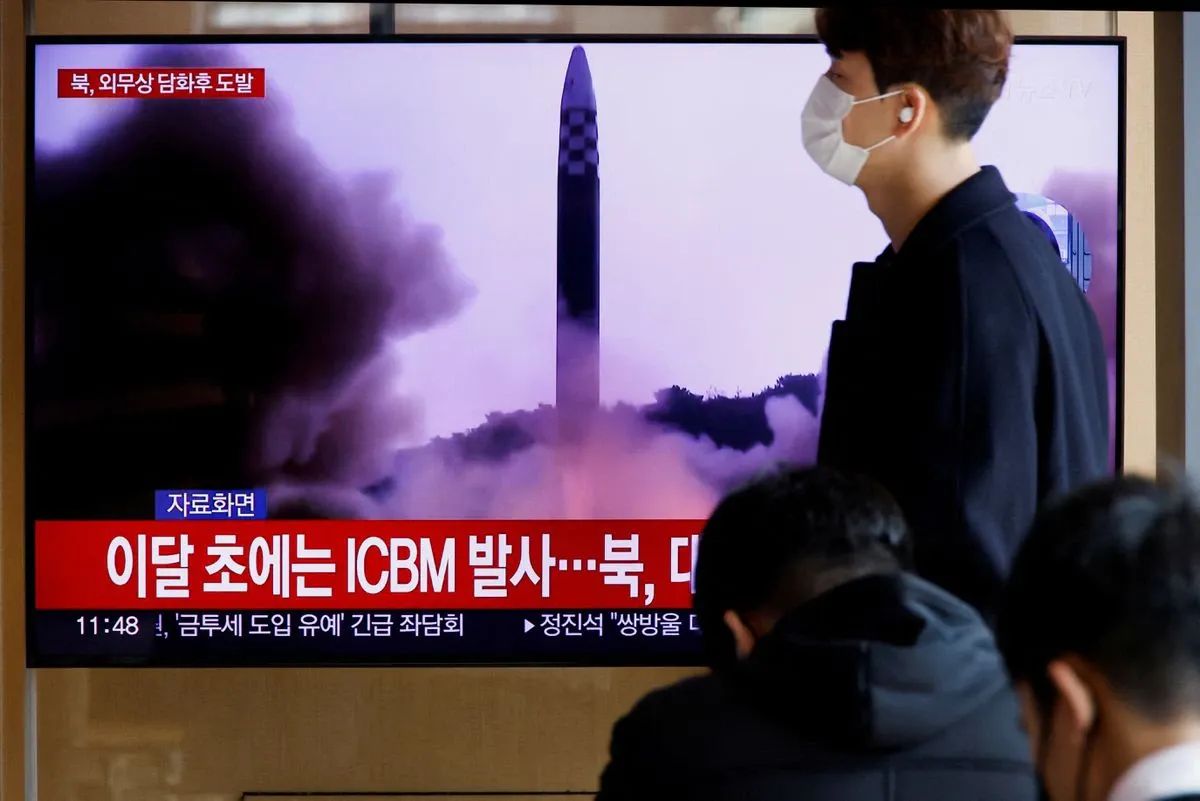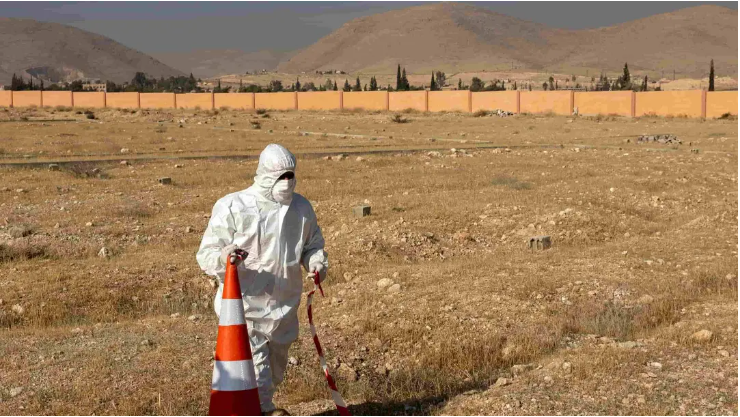N. Korea Warns of 'Fiercer' Military Response, Fires Missile
South Korea's Joint Chiefs of Staff (JCS) has claimed that Pyongyang fired a short-range ballistic missile into the East Sea on Thursday morning, stating that this was its second missile launch in a little over a week.

Facts
- South Korea's Joint Chiefs of Staff (JCS) has claimed that Pyongyang fired a short-range ballistic missile into the East Sea on Thursday morning, stating that this was its second missile launch in a little over a week.
- According to the JCS, the missile had a flight range of about 240 kilometers (149 miles), reached an altitude of about 47 kilometers (29 miles), and hit a top speed of about Mach 4 — four times the speed of sound. In response, Seoul has strengthened its surveillance and is closely cooperating with the US.
- This launch came hours after North Korea's Foreign Minister Choe Son-hui threatened "fiercer" military actions against the US and its allies due to their alleged provocations and military activities around the Korean Peninsula.
- Son-hui declared that their "war drills for aggression" would bring a "more serious, realistic and inevitable threat" upon themselves, while condemning trilateral talks between the leaders of Japan, South Korea, and the US on the sidelines of the East Asia Summit in Cambodia last week.
- South Korean and US forces had staged a joint missile defense drill involving Aegis destroyers hours before Pyongyang reportedly launched this latest missile. According to Seoul's military, this exercise was "planned in advance."
- Tensions in the Korean Peninsula have mounted to some of the highest levels in years. While the US and its allies are concerned that the North is about to conduct a nuclear bomb test after having fired more than 60 ballistic missiles in 2022, Pyongyang deems their joint military exercises a rehearsal for invasion.
Sources: Korea Times, CNN, FOX News, Al Jazeera, Korea JoongAng Daily, and Bloomberg.
Narratives
- Establishment-critical narrative, as provided by AntiWar. When Washington was truly committed to de-escalating tensions with North Korea, Pyongyang responded positively, halting missile tests and demolishing several testing sites. This changed when the US began to increase its military presence in the Asia-Pacific, posing an existential threat to the DPRK. Carrying out provocative drills will only escalate tensions.
- Pro-establishment narrative, as provided by DW. Seoul and Washington have demonstrated goodwill toward Pyongyang in the hopes of creating an environment conducive to disarmament talks for four years. However, as North Korea has failed to make good on its promises — resuming its missile tests and further developing its nuclear program — a posture shift is necessary for the South and its allies to prepare for an attack from the North.






